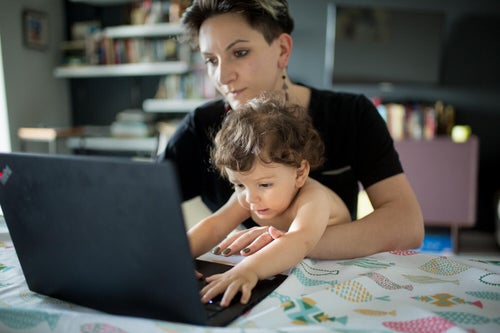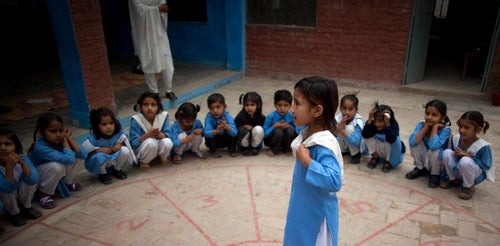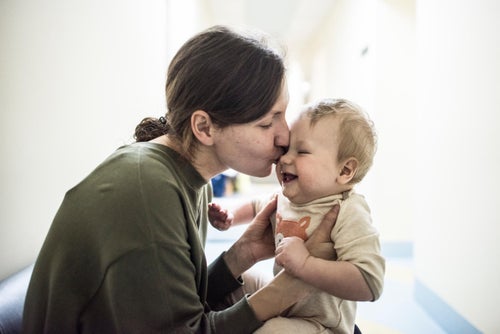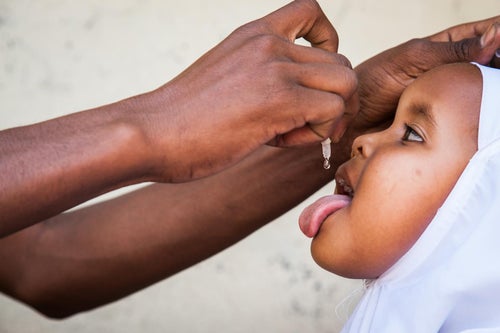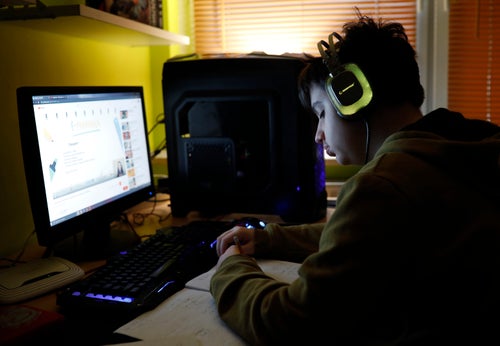UNICEF Australia strives to help every child and young person be safe online, enabling them to benefit from all the opportunities of an increasingly digital world. But as technologies continue to evolve at a rapid pace, they are also creating new risks, particularly for younger users whose lives they are profoundly shaping.
In Australia, every child will be online by the time they are 12 years old. This is why it’s important for them to learn from an early age how to think critically about what they consume online, as well as how to stay safe and behave responsibly.
Check out our media literacy resourcesHow are young Aussies doing when it comes to media literacy?
Our new research, supported by the Telstra Foundation, shed light on the digital lives of over 2,000 children and young people across Australia, including how they interact with social media, their exposure to mis- and disinformation, and how they manage their online data. Here are five key findings:
43%
Less than half (43 per cent) of children and young people believe it’s important to verify information before sharing it online.
34%
Just 34 per cent of children and young people feel confident in identifying misinformation.
22%
22 per cent of children and young people believe content shared by popular influencers, with younger teens aged 13-15 more likely to believe such content, or content that has a lot of likes and shares, compared to older teens.
56%
More than half (56 per cent) of children and young people have been exposed to deepfake content, and 15 per cent have seen deepfake content shared or created by friends.
55%
Over 70 per cent of children and young people are uncomfortable with how their data is being collected and used online, yet more than half (55 per cent) are still happy to hand over highly sensitive personal information to access online platforms.
UNICEF Australia is actively working with decision makers to strengthen protections for children through better online safety laws, regulations and policies. As children and young people know the online world better than almost anyone, it is important we consult them when designing solutions, to make sure they will be effective.
Read the full report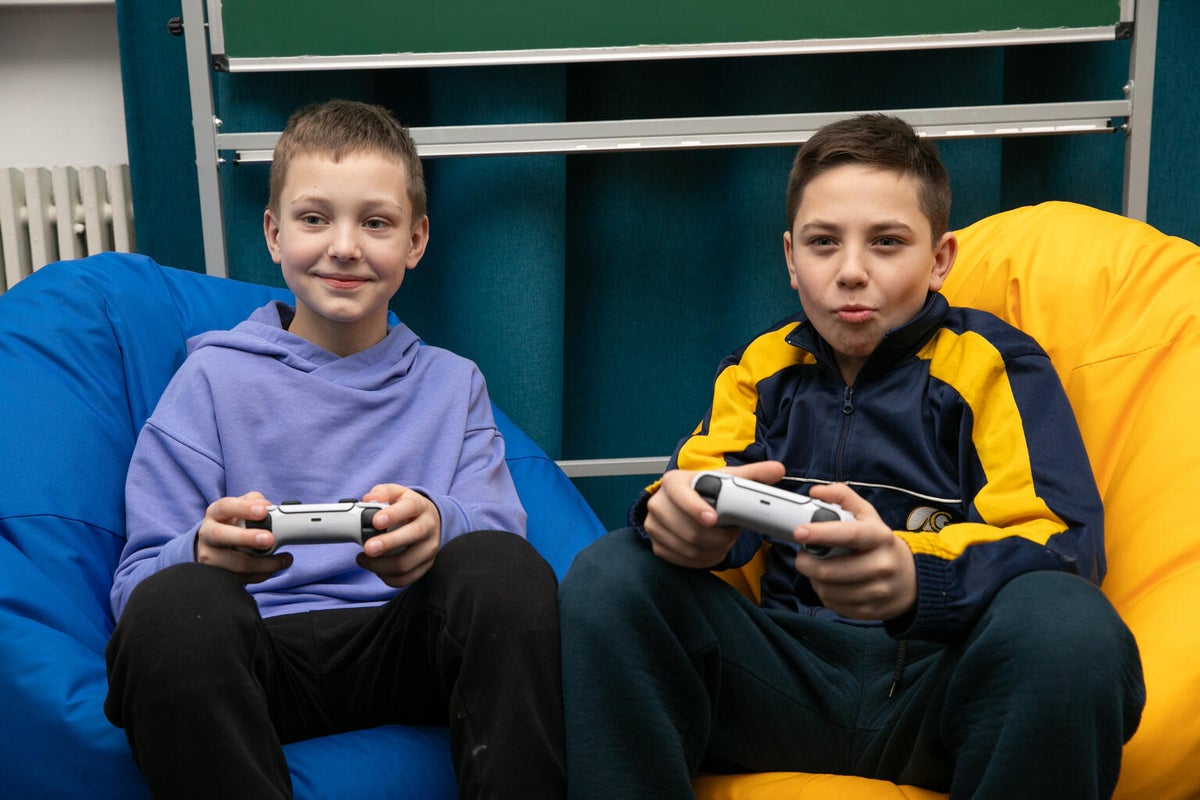
What is UNICEF Australia doing to address media literacy concerns?
In partnership with eSmart, an online safety education initiative of the Alannah & Madeline Foundation, we have developed media literacy resources that have been accessed by more than 13,000 students around Australia. These resources equip kids aged 10-12 with the skills they need in the online world, including how to be a safe and responsible online citizen, how to spot mis- or disinformation, and how to look after their mental health and wellbeing when online.
Check out our media literacy resources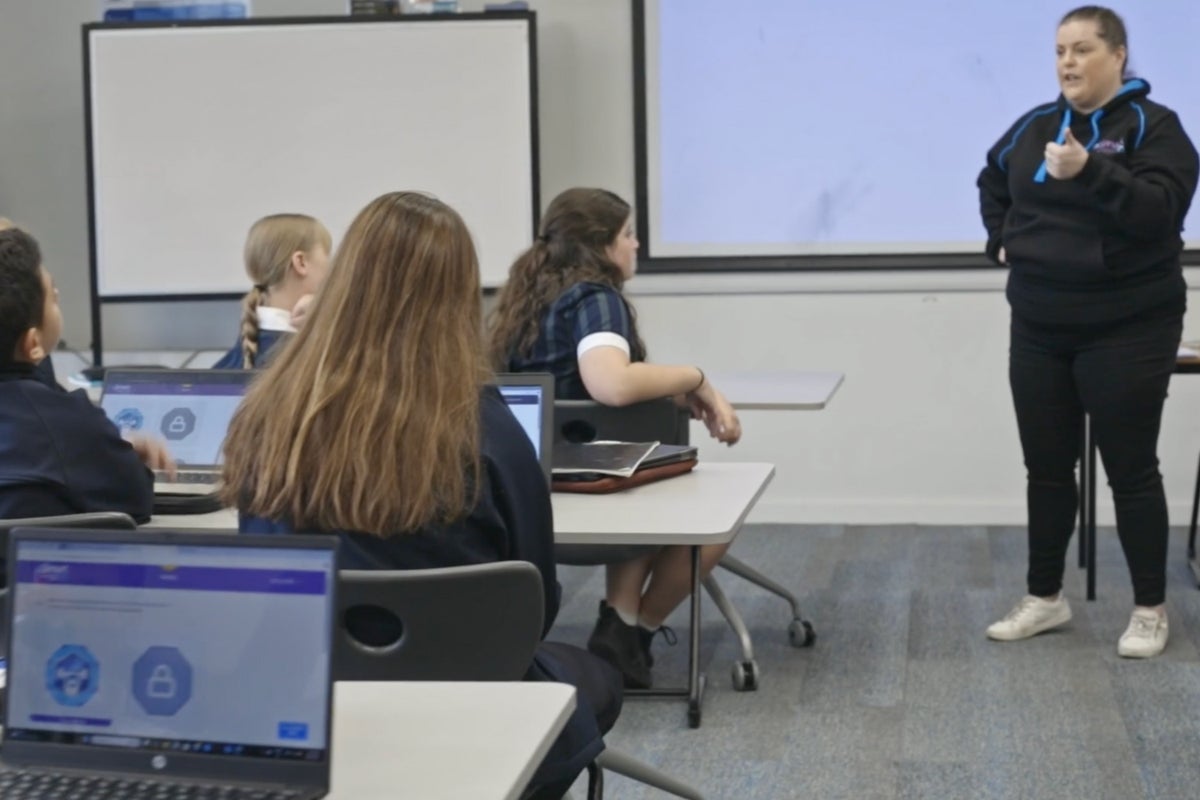
eSmart x UNICEF Australia Media Literacy Lessons
How are the resources being used in schools?
Despina Polatidis, an eSmart Schools Advisor at the Alannah & Madeline Foundation, has seen firsthand how these resources are being used in classrooms around Australia, and how students are engaging with them. She said she had received “an overwhelmingly positive response” to the resources. “It seemed to really appeal to [children from] all walks of life within the classroom because of the themes I taught in the lessons,” she said.
Despina said the focus on values and child rights particularly struck a chord among the Year 5 and 6 students.
"Their morality and values are developing as well as empathy and increased social awareness. I think that just really taps into where they are at in their own development, too."
The students also found the lessons engaging because they were relevant to some of their own interests, like video games. Despina explained that while most of the children she taught weren’t initially aware of the codes of conduct of popular games like Roblox or Minecraft, they were able to apply the rules to their own experiences interacting with other players online.
With schools taking different approaches to how they teach media literacy in the classroom, Despina says the resources can help to fill the gap for teachers who may need extra support with the topic.
"In the eSmart lesson we learnt about our values and how to be smart online. I enjoyed this lesson very much. I hope they come back."
Related articles
Stay up-to-date on UNICEF's work in Australia and around the world









